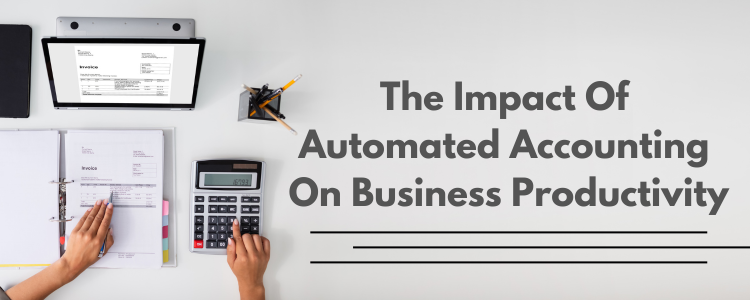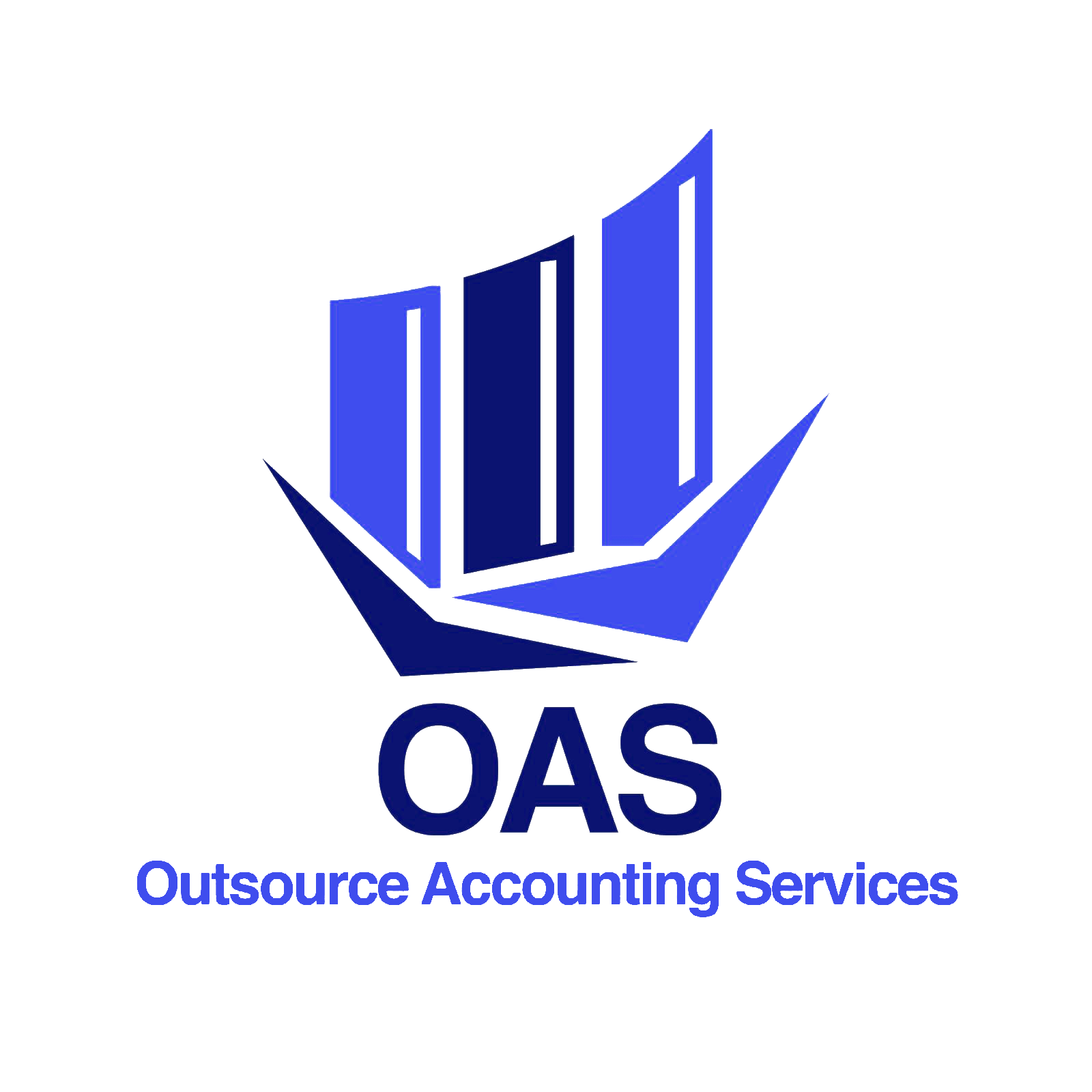
Published on March 6, 2025
In today’s competitive Australian business landscape, efficiency and accuracy are essential for success. One area experiencing significant transformation is accounting. With the rise of automated accounting solutions, businesses are streamlining financial operations, reducing errors, and improving overall productivity. This blog explores how automated accounting is shaping business productivity and why Australian businesses should embrace this technology.
What is Automated Accounting?
Automated accounting involves the use of software and artificial intelligence (AI) to manage financial transactions, bookkeeping, invoicing, payroll, tax calculations, accounts payable management, and Power BI for accounting. These systems reduce manual data entry, ensure real-time financial tracking, and enhance accuracy and efficiency.
Expert automated accounting solutions help businesses across Australia optimize financial operations and stay compliant with Australian regulations. Many businesses are also leveraging accounting outsourcing services to further streamline their processes and reduce overhead costs.
How Automated Accounting Enhances Business Productivity
1. Significant Time Savings
Traditional accounting involves manual processes that consume valuable business hours. Automated accounting solutions streamline these tasks, allowing businesses to focus on strategic growth. By automating bookkeeping, payroll, accounts payable management, and financial reporting, companies can reduce administrative burdens and improve overall efficiency.
Cloud-based accounting software such as Xero or MYOB automates invoicing, bank reconciliations, and expense tracking, saving hours of administrative work each week. This efficiency enables business owners and finance teams to allocate their time to higher-value tasks, such as financial planning and business expansion.
2. Reduction in Human Errors
Manual accounting is prone to errors that can lead to financial discrepancies, compliance risks, and costly penalties. Automated accounting minimizes these mistakes by ensuring precise data entry, automated reconciliations, and real-time tracking of financial transactions. These advanced solutions ensure accurate financial reporting aligned with Australian tax laws. AI-driven accounting tools flag inconsistencies in financial records, reducing the likelihood of double entries or incorrect tax calculations. This level of accuracy is crucial for businesses that need to submit tax returns, comply with GST obligations, and maintain error-free financial records.
3. Cost-Effective Financial Management
Hiring a full-scale in-house accounting team can be expensive for small and medium-sized enterprises (SMEs). Automation significantly reduces labor costs by handling complex financial tasks efficiently. Tailored accounting solutions allow Australian businesses to lower operational expenses while maintaining financial accuracy and control. By reducing reliance on manual accounting processes, businesses can optimize resources without compromising financial management quality. This makes automated accounting an ideal solution for startups and SMEs looking to scale without excessive overhead costs.
4. Data-Driven Decision-Making with Power BI for Accounting
Automated accounting provides real-time financial insights through dashboards and reports. Power BI for accounting enables businesses to visualize financial data, track key performance indicators, and generate dynamic reports for better decision-making.
With Power BI, businesses can analyze revenue trends, monitor cash flow, and identify areas where cost-cutting measures can be applied. Having instant access to financial data allows business owners and managers to make informed decisions that drive profitability and long-term growth. For example, a retail business using Power BI can generate reports that highlight seasonal sales trends, helping them adjust inventory levels accordingly. Similarly, service-based businesses can track outstanding invoices and overdue payments to improve cash flow management.
5. Seamless Integration with Business Systems
Modern accounting software integrates seamlessly with other essential business tools, such as customer relationship management (CRM) systems, enterprise resource planning (ERP) software, and payment gateways. This creates an interconnected ecosystem that improves workflow efficiency.
For instance, integrating accounting software with an ERP system ensures that sales, inventory, and financial data are synchronized. This reduces the chances of discrepancies between departments and enhances overall operational efficiency.
6. Ensuring Compliance with Australian Tax Regulations
Australian businesses must comply with complex tax regulations, including GST, BAS, and payroll tax requirements. Automated accounting solutions simplify compliance by calculating taxes automatically, generating audit-ready reports, and ensuring timely lodgments.
For businesses operating in multiple states, automated accounting software ensures accurate payroll tax calculations based on regional tax laws. This reduces the risk of compliance errors and potential penalties. Additionally, automation makes it easier for businesses to keep up with legislative changes in tax laws, ensuring ongoing compliance.
7. Scalability for Growing Businesses
As businesses expand, financial operations become more intricate. Automated solutions can scale with business growth, handling increased transactions and financial complexities effortlessly.
An SME experiencing rapid growth can transition from basic accounting software to an advanced ERP-integrated system that manages multi-currency transactions, large-scale payroll processing, and international tax compliance. Scalable accounting solutions adapt to businesses of all sizes, ensuring long-term financial stability.
Future of Automated Accounting in Australia
The adoption of automated accounting in Australia is expected to grow as businesses recognize the advantages of digital financial management. Advancements in AI, machine learning, and Power BI for accounting will further enhance accounting automation, making financial processes even more efficient and insightful. In the coming years, businesses that embrace automation will have a competitive edge in cost management, financial transparency, and compliance. Those that fail to adapt risk falling behind in an increasingly digital marketplace.
Conclusion
Automated accounting is transforming Australian businesses, making them more efficient, cost-effective, and error-free. By leveraging advanced accounting automation and Power BI for accounting, companies can enhance productivity, improve financial decision-making, and stay ahead in a competitive market.
At Outsource Accounting Australia, we specialize in providing cutting-edge automated accounting solutions tailored to your business needs. Whether you’re a small business or a growing enterprise, our expert team can help you streamline financial processes, ensure compliance, and maximize efficiency. As one of the leading accounting outsourcing companies in Australia, we provide expert financial solutions to help businesses optimize their operations with ease.

